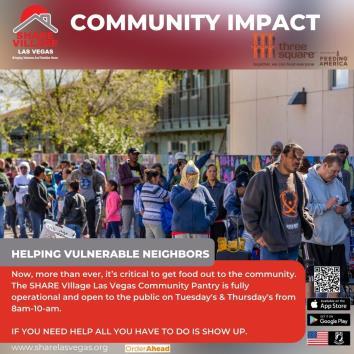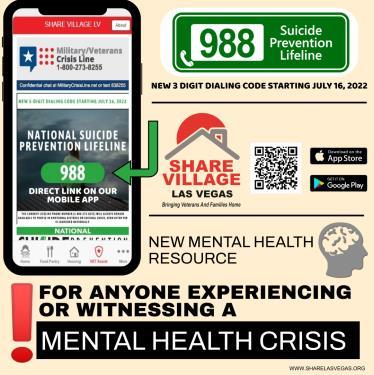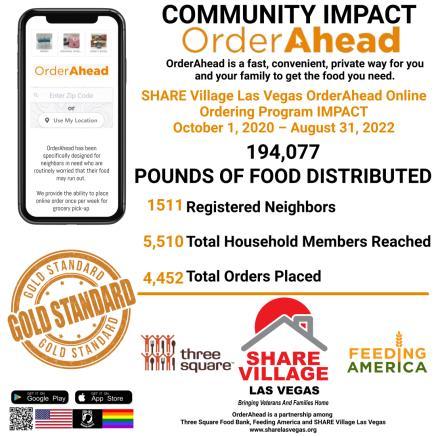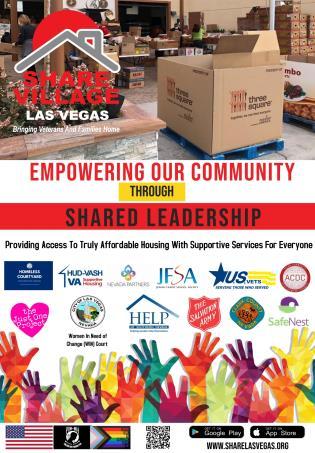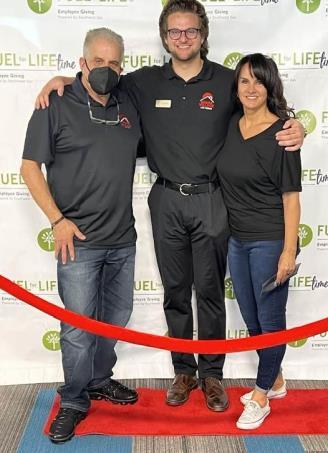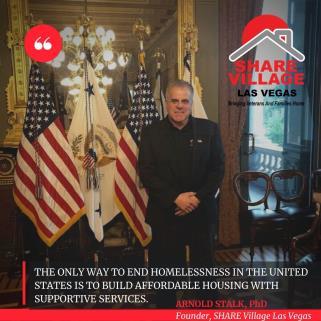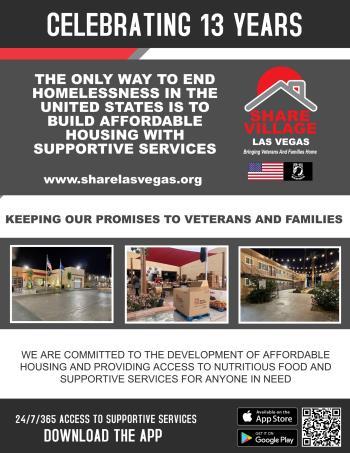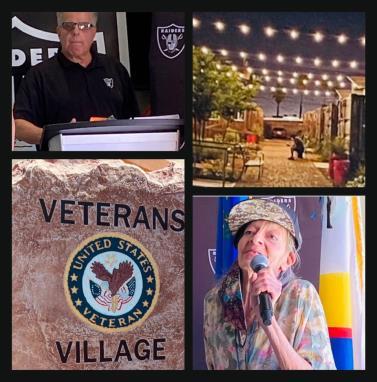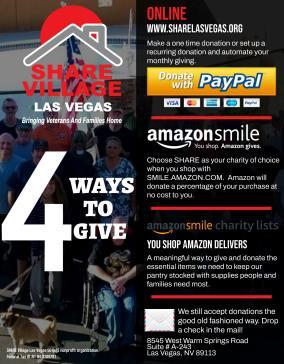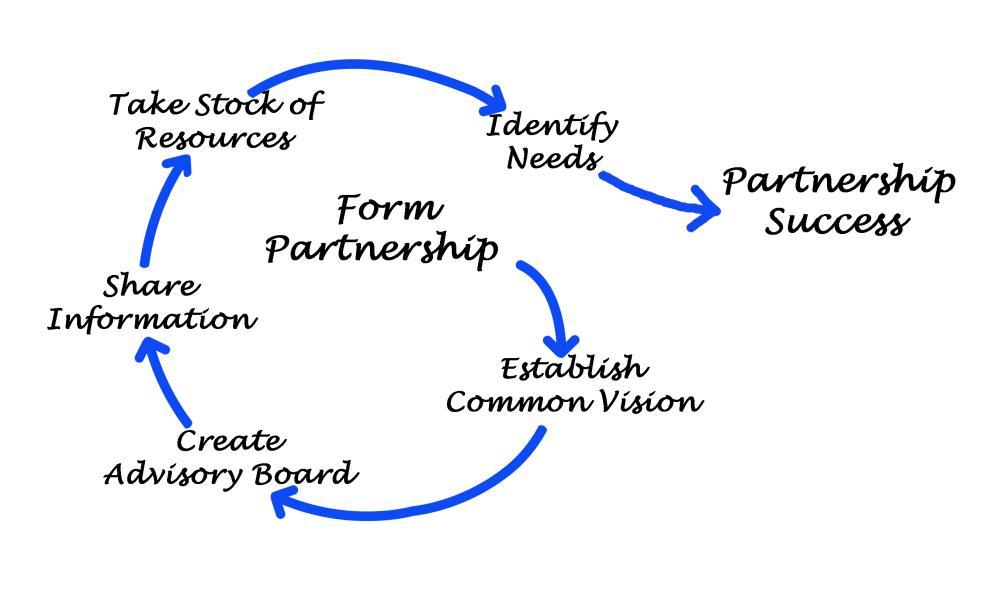
4 minute read
Consider Consultancy
It is highly recommended that you consult with licensed and highly recommended consultants when retaining professional help in all areas of your nonprofit organization.
There are a myriad of consultants that can aid in the many different areas and have a wide array of skills. When retaining professional help and/or consultants for various areas of your development it’s highly recommended that you only consult with licensed and highly recommended or highly regarded firms or individuals.
Advertisement
Some examples of Consulting Firms and what they offer include:
• Fundraising Consultant
• Grant Writing Consultant
• Technology Consultant
• Human Resources Consultant
• Accounting Consultant
• Special Events/Events Consultant
• Board Development
Learning from others that have already invested the blood, sweat and tears that come with starting a nonprofit organization can save you a lot of time, stress and money by helping you streamline the process.
Donorbox is an excellent resource for assisting in writing your nonprofit business plan. https://donorbox.org/nonprofit-blog/nonprofitbusiness-plan
Forming Your Entity
Incorporating your nonprofit organization begins with your state’s Secretary of State office.
Fees and forms vary from state to state, visit https://www.e-secretaryofstate.com/ to locate your state’s office. In most cases the process of incorporation can be done completely online.
During this filing process you’ll also submit your Common Business Registration to register your business with the Department of Taxation. This is also the time to submit your 505(c) exemption to the IRS using Form 1023 or Form 1023-EZ. Once you receive your tax exemption you can apply for your state’s tax exemptions.
Before you begin, you’ll need some basic information in order.
• Your entity name
• Your EIN # from the IRS
• A Board of Directors
• An appointed Resident Agent
• Bylaws
• Conflict of Interest Policy
Additional items may be added by your consultants.
Setting Up Your Banking
When choosing a bank, avoid online only, gimmicky banks that taunt you with special discounts and incentives for nonprofits. Choose a banking institution or credit union in your area that offers a brick-and-mortar branch office. Most larger banks offer accounts with minimal monthly fees or minimum balance requirements.
If your organization is going to have paid staff, you’ll want to consider opening a separate account for your payroll and make sure that payroll processing is included in the account and follows all applicable laws.
Selecting Your Advisory Board
Depending on your state’s rules you may need to register for Charitable Solicitation (fundraising) Most states require that any nonprofit soliciting donations registers to do so on an annual basis.
Accuracy at this point is paramount! I cannot stress this point enough. If you are uneasy and are not comfortable navigating through the online process of these filings, it’s highly recommended enlist the assistance of a professional service or consultancy firm to complete the process for you or guide you.
Building your Advisory board is your first opportunity to garner support for your cause.
This is an ideal time to nurture political support from elected officials and candidates and solidify business relationships that share your common interests and social responsibility goals.
Who you know is very important!
Get Ready To Advocate
Setting up your online presence and creating your printed collateral are the first tools you’ll need to begin for advocating support for your mission.
First and foremost, you need a logo that clearly communicates your name and your mission. Work with and invest in a professional graphic designer. This is the single most important piece in building your brand. Choosing a designer that understands your mission and your brand persona will save you time, energy and money in the long run. As you begin to advocate for your cause your graphic designer will be a key player in delivering your message, both in person and digitally.
Basic Branding Essentials
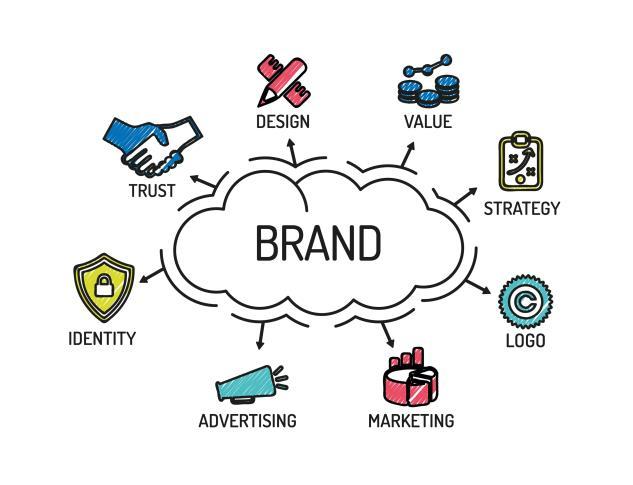
For in-person meetings at a minimum you’ll need business cards and a flyer or brochure that highlights the bullet points of your mission. Additionally, for written correspondence you’ll need letterhead, envelopes and return address labels.
Get online!
Investing in a well-designed website is essential. Your website is more often than not the first impression your organization makes. Your online persona is how today's donors, supporters and investors connect with your brand/cause.
What you’ll need to get to publish your website:
• Domain Name
• Hosting
• SSL Certificate
• Professional Email
Work with a professional designer to assist in curating your content, organizing your information and developing your SEO (search engine optimization) strategy.
Get social!
Get ready to start connecting with the public. Launching social media profiles should coincide with your website build. Strategically building buzz for your launch is an ideal way to start connecting with the public and build interest in your organization. At a minimum you should create the following:
• Linked In
If you plan on creating a marginal amount of video content, then you may want to consider adding one or more of the following to your social strategy.
• YouTube
• TikTok
• Twitch
Don’t forget to build your Google Business profile. This is especially important for organizations with brick-and-mortar locations with specific operating hours.
You may want to work with a content manager to assist you in managing your social media. Consistency, honesty, humility and transparency is key to establishing an effective online personality and building public support for your cause.
As your organization starts to build and take shape, you should consider consulting with and/or partnering with a public relations firm to further your community reach and public interest.
When I started Veterans Village, we had developed a website (www.sharelasvegas.org), and aggressively pursued Facebook as a method of communication, to carry our message, share our vision, share our dreams, and above all pursue donations of building materials, labor, and cash. It is an invaluable tool to keep in mind as you advance with your own projects.
